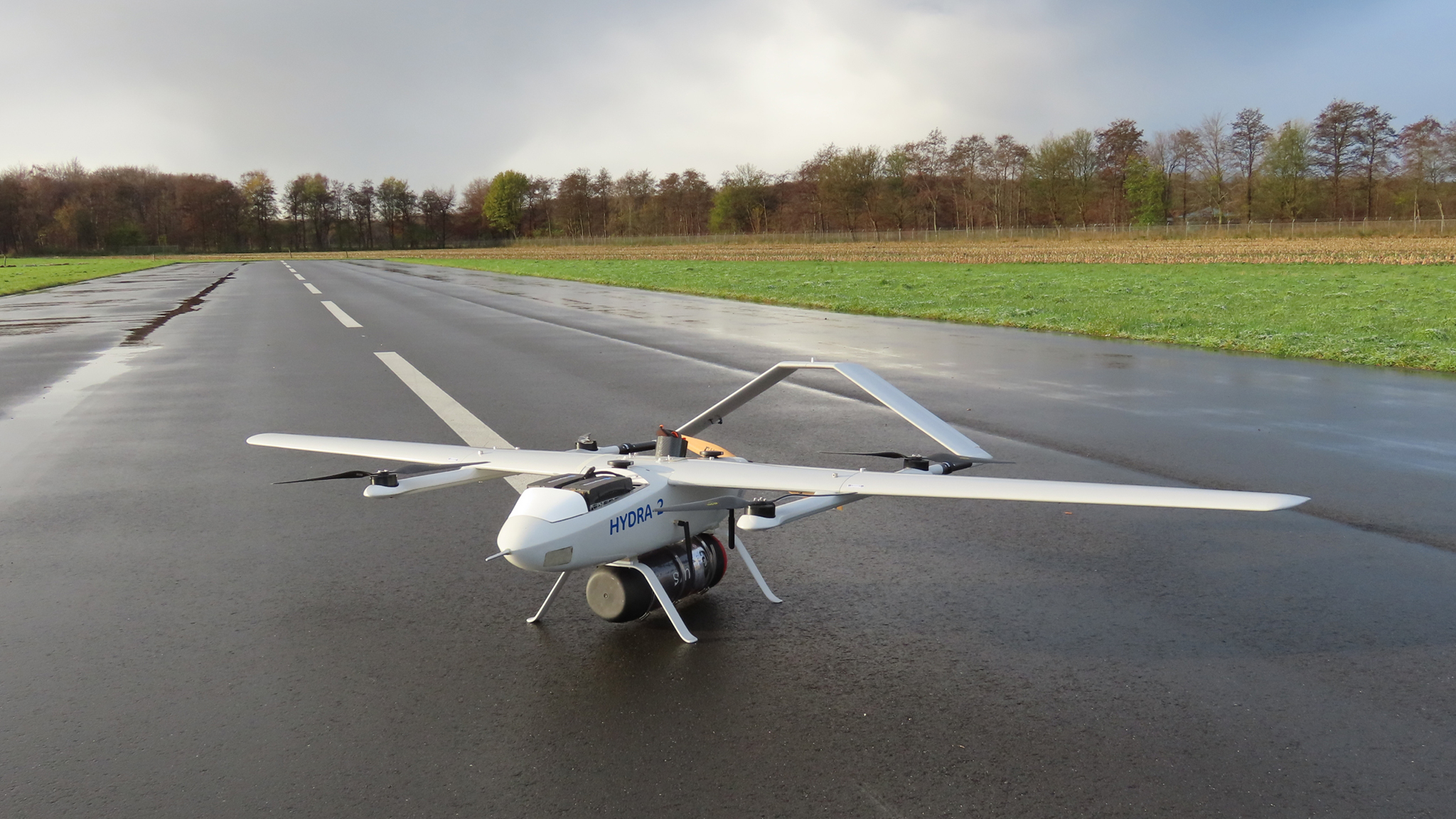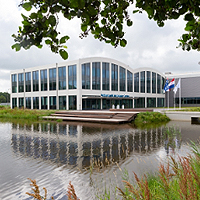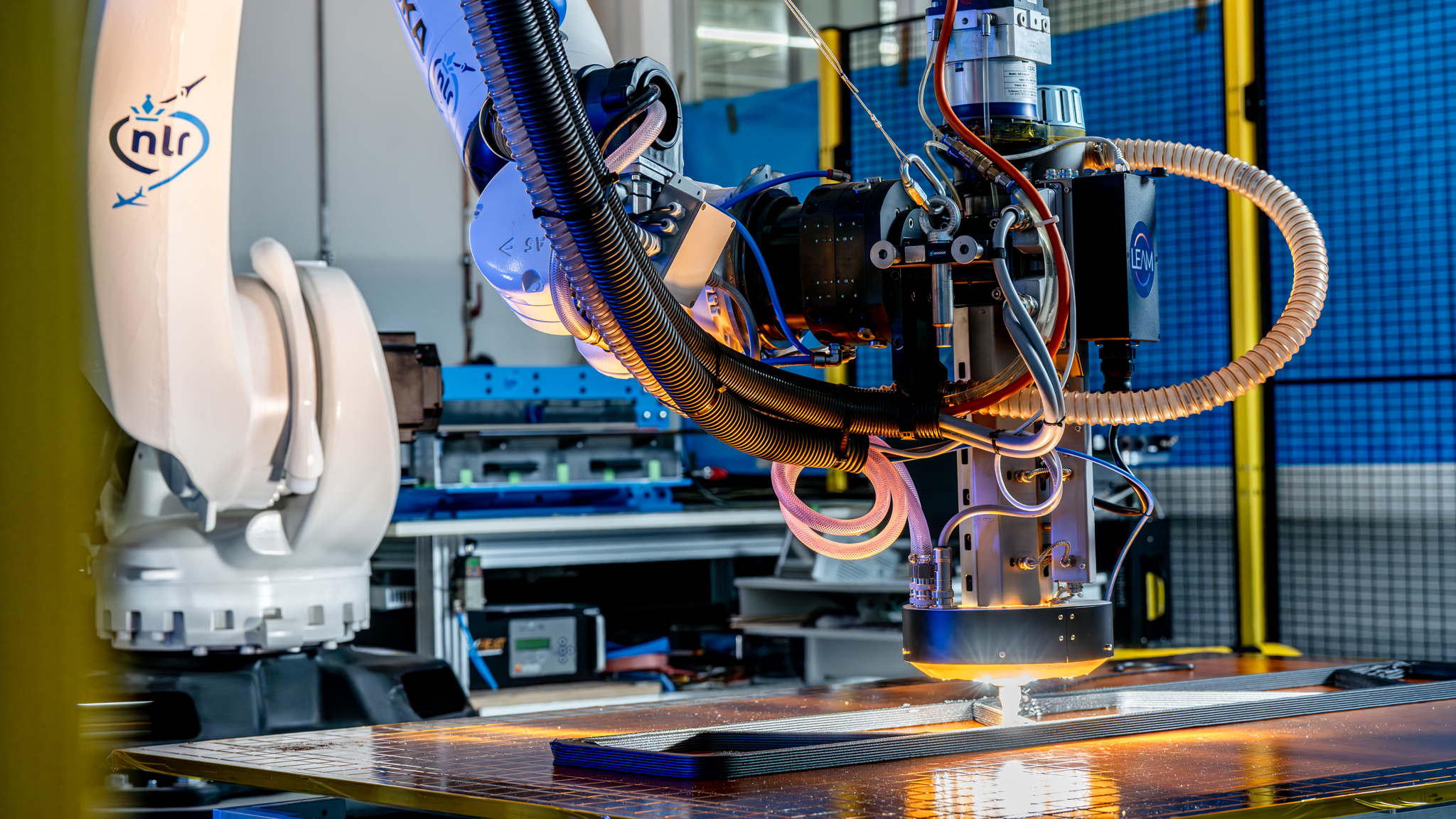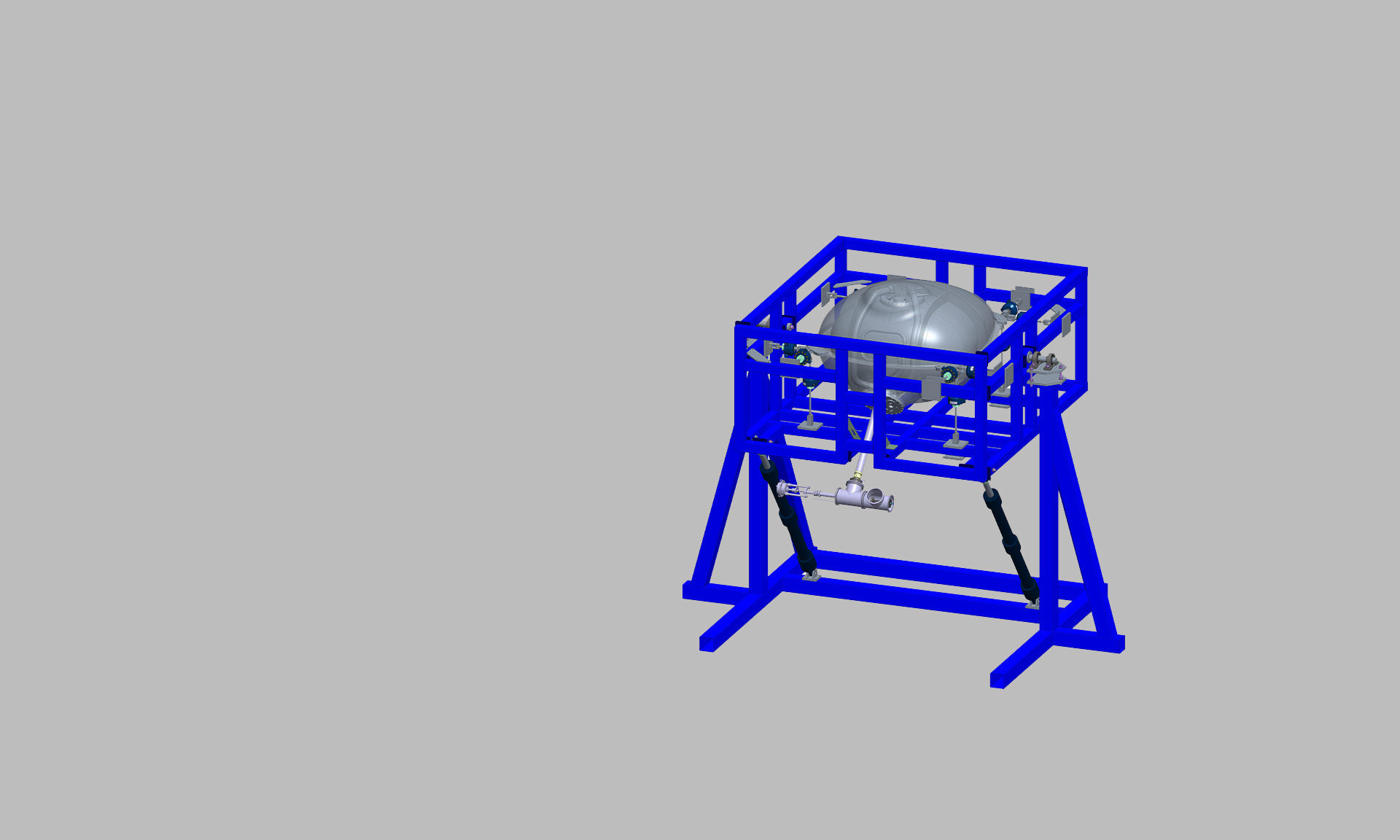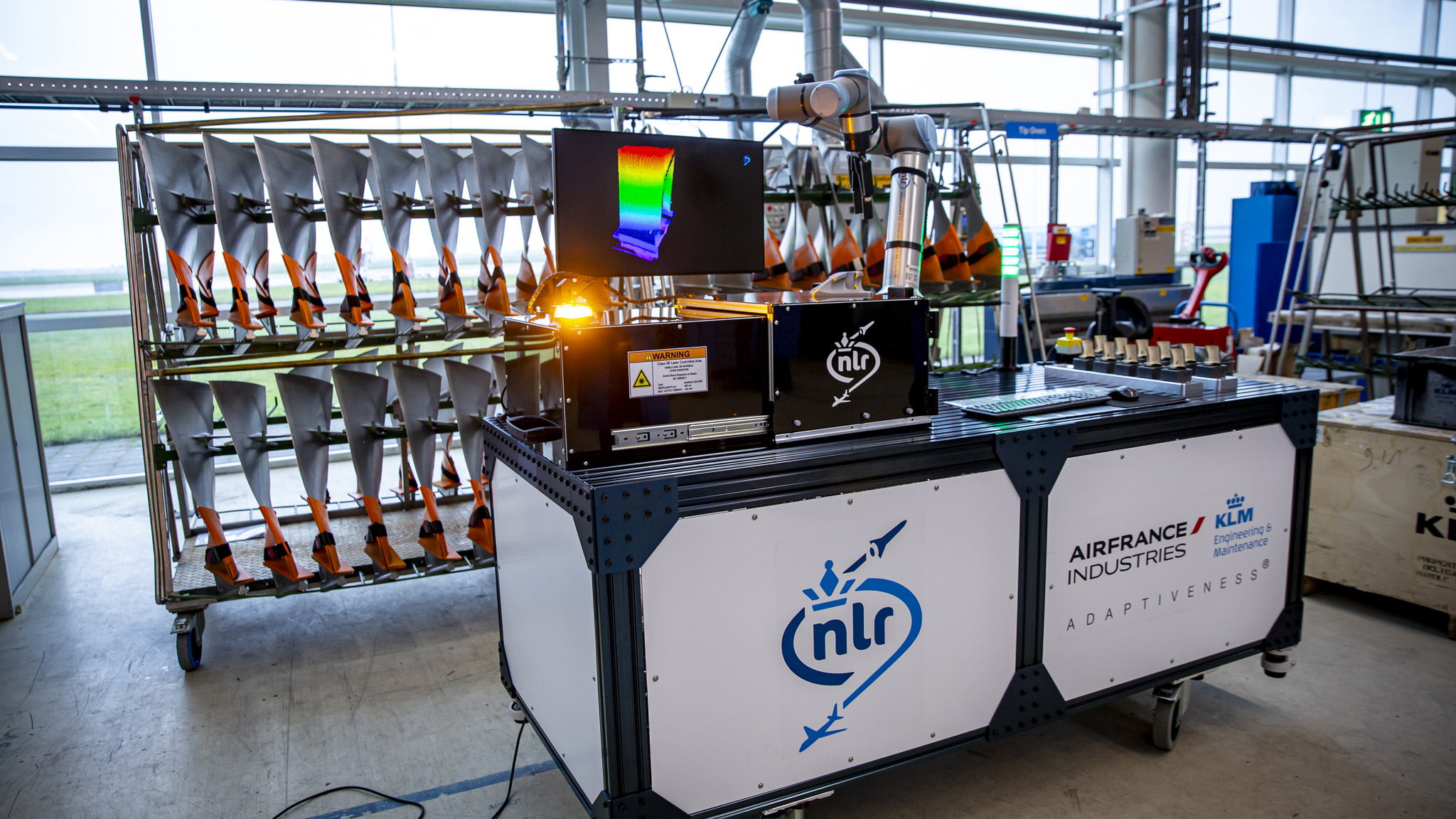Hydrogen as a fuel is considered to be an important alternative for future sustainable aviation. When produced from green energy sources, hydrogen delivers zero CO2 emissions – only water vapour. Hydrogen is a light weight fuel with a 3-4 times higher energy density than kerosene. It can be stored in tanks both in gaseous and liquid form. It can be burned in conventional combustion engines, as well as transferred highly efficiently into electric power with fuel cells, as an alternative to batteries
The challenge
Although the use of hydrogen has been employed widely in other industries for many years, the introduction of hydrogen on board aircraft is a major technical challenge, not to mention the tremendous certification effort that’s required. It has a significant impact on the aircraft architecture, powertrain components and operations, as well as on the ground infrastructure.
The solution
In cooperation with Dutch industry and universities, NLR obtained first-hand experience in designing, selecting, testing and improving hydrogen components (both gaseous and liquid) suitable for drones, as well as extensive safety analysis and test procedures.
What did we do?
In cooperation with Dutch industry and universities, NLR obtained first-hand experience in designing, selecting, testing and improving hydrogen components (both gaseous and liquid) suitable for drones, as well as extensive safety analysis and test procedures.
The HYDRA projects support the standardization and certification of hydrogen drones for commercial applications, while also preparing for upscaling for large manned aircraft. The first flight of the liquid hydrogen drone is expected to take place in 2023
Project partners:
Research organisations: Royal NLR
Industry: Avy, CryoWorld
Universities: TUDelft/AeroDelft
